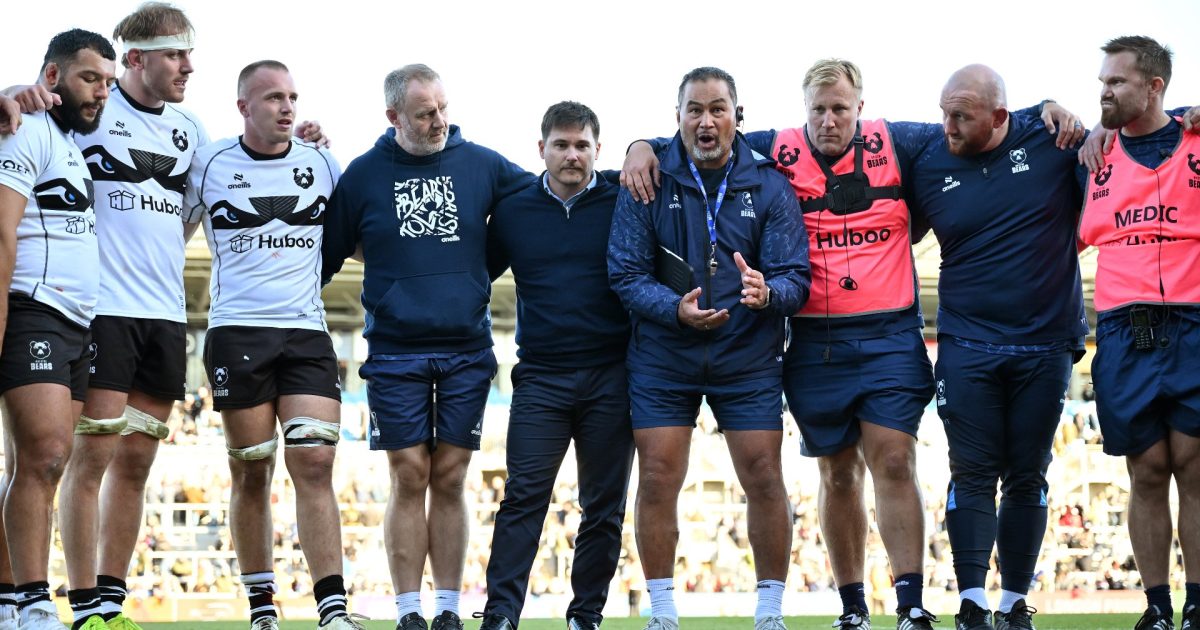Bristol statement: £5.5million loss confirmed in 2023/24 report

Title-hunting Bristol have confirmed a pre-tax loss of £5.5million in their latest annual financial report. Currently in second place in the Gallagher Premiership heading into Saturday’s round 10 trip to Saracens, Pat Lam’s Bears have made public its results for the 2023/24 year, a pre-tax loss that was an increase of £500,000 on the previous year.
A statement accompanying the release of the 40-page report read: “Bristol Rugby Club Limited made a pre-tax loss of £5.5m for the 2023/24 financial year.
“The results for the year ending June 30, 2024, compare to a pre-tax loss of £5m for the 2022/23 financial year and reflect revenue challenges across the board, with less home competitive fixtures and reduced distribution income from Premiership Rugby Limited.
“The club undertook a number cost-cutting measures during the year in efforts to reduce its operating loss. A significant focus on homegrown academy players and operating efficiencies led to a £2.8m reduction in costs.”
Bristol Sport Group CEO Gavin Marshall said: “Recording such a significant loss demonstrates that there is a lot of work left to do, although the club has taken a number of effective measures to reduce costs across the organisation.
“We continue to be extremely thankful to the Lansdown family for their ownership, particularly at a time of continued losses and economic uncertainty.”
- Click here to read the entire 2023/24 Bristol Bears financial report
Rugby’s best of the best, ranked by experts. Check out our list of the Top 100 Men's Rugby Players and let us know what you think!




































































I'm sure I'm overlooking significant pieces of the picture, but Bristol probably have some of the highest gate receipts in the Prem. and one of the smallest squads, so reporting such a large loss is pretty alarming.